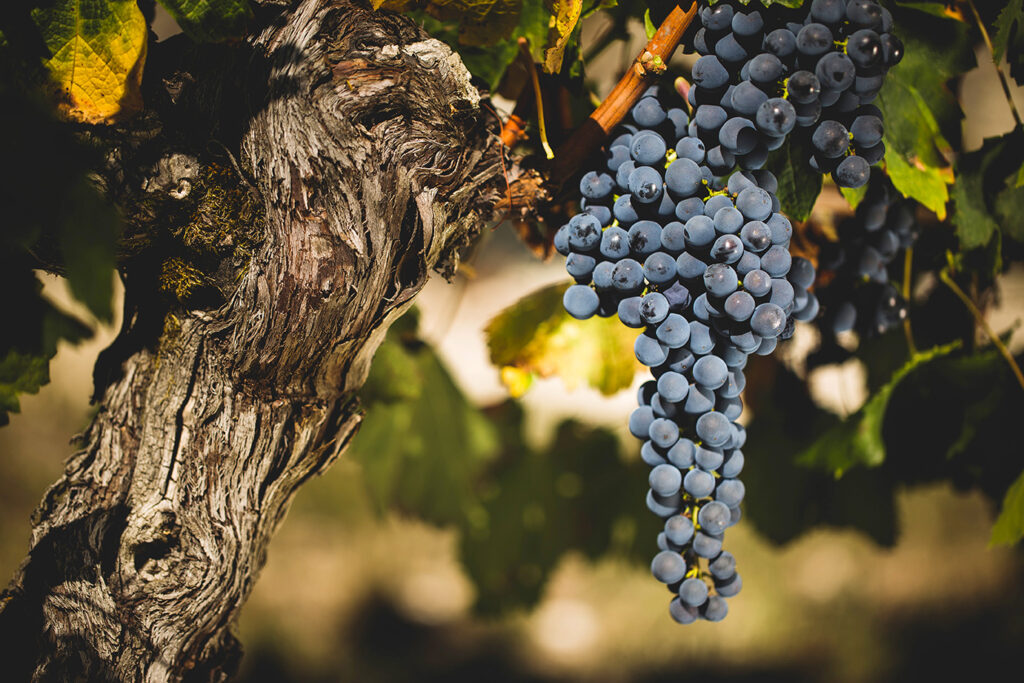Presentation and history
Welcome to Périgord-Agenais!
The Bergerac-Duras vineyard lies deep in Southwest France, spanning both banks of the River Dordogne and extending into the Lot-et-Garonne for the Duras area. A setting where nature reigns supreme, showcasing the best of its diverse terroirs. Life here is marked by a laid-back charm and a strong sense of community, offering an irresistible blend of authenticity and adventure. It’s no wonder this area is a beloved destination for inspired winemakers and wine enthusiasts alike.
Local wine that’s good to drink!
An artisan winemaking philosophy and deep-seated Gascony values bring the Bergerac and Duras vineyards together. Idyllic landscapes home to unspoilt historical landmarks: châteaux, monasteries, manors, bastides, abbeys and more.
The Pécharmant and Rosette hillside vineyards proudly overlook the Bergerac Valley. The journey continues due south with the majestic Château de Monbazillac and its renowned north-facing slopes that gently embrace the River Dordogne. Further west, beyond the Saussignac slopes, lies another sweet wine hotspot. Here, Montaigne’s enduring presence watches over a vineyard steeped in philosophy and wisdom.


The Guyenne area plays host to Château de Duras, once home to the region’s dukes. Perched on a limestone spur, it offers a commanding view of the rolling hills that merge seamlessly into the Bergerac vineyard slopes.
Generation after generation has been proud to uphold a unique culture, expertise and lifestyle that bear the signature and soil of Périgord-Agenais.
Our Bergerac and Duras vineyards celebrate the terroir. A mosaic of rich soils bursting with limestone and flint. Mankind’s craftsmanship and our skilled winemakers bring out its brilliance, refining and polishing this noble material to produce the outstanding that are Bergerac – Duras wines. This wine collection includes no fewer than 17 appellations available in five types (red, rosé, dry white, sweet white and dessert white wine).
The history of Bergerac & Duras wine
281
The Bergerac and Duras vineyard traces its roots back to the dawn of Gallo-Roman civilisation. ‘Biturica’, an ancestor of cabernet, was the first variety used.
12th century
First documents referring to the size and location of the vineyard.
1255
King Henry of England granted Bergerac wine the right to be transported as far as the mouth of the Gironde River.
Late 13th century
Gaillard de Got became the ruler of Duras, marking the beginning of Duras wine’s acclaim throughout Christendom.
1337-1453
The Durfort Duras family ruled Duras during the Hundred Years’ War. As allies of the English, they brought their wine to the English court where it proved very popular. England’s demand for Duras wine helped the vineyard flourish, so much so that France accused England of ‘harvesting Aquitaine’.
1515
François I was crowned king. He called Duras wine ‘nectar’ encouraging the planting of new vines in the Duras area.
1865
Phylloxera devastated the vineyard, reducing its size from 107,000 to 2180 hectares by 1890.
1924
Foundation of the Syndicat de Défense des Vins du Canton de Duras (Duras Wine Protection Union).
1953
Création du Conseil Interprofessionnel des Vins de la Région de Bergerac (CIVRB)
2014
Merger between the CIVRB and Interprofessional Duras Council to form the IVBD (Bergerac-Duras Wine Interprofession).